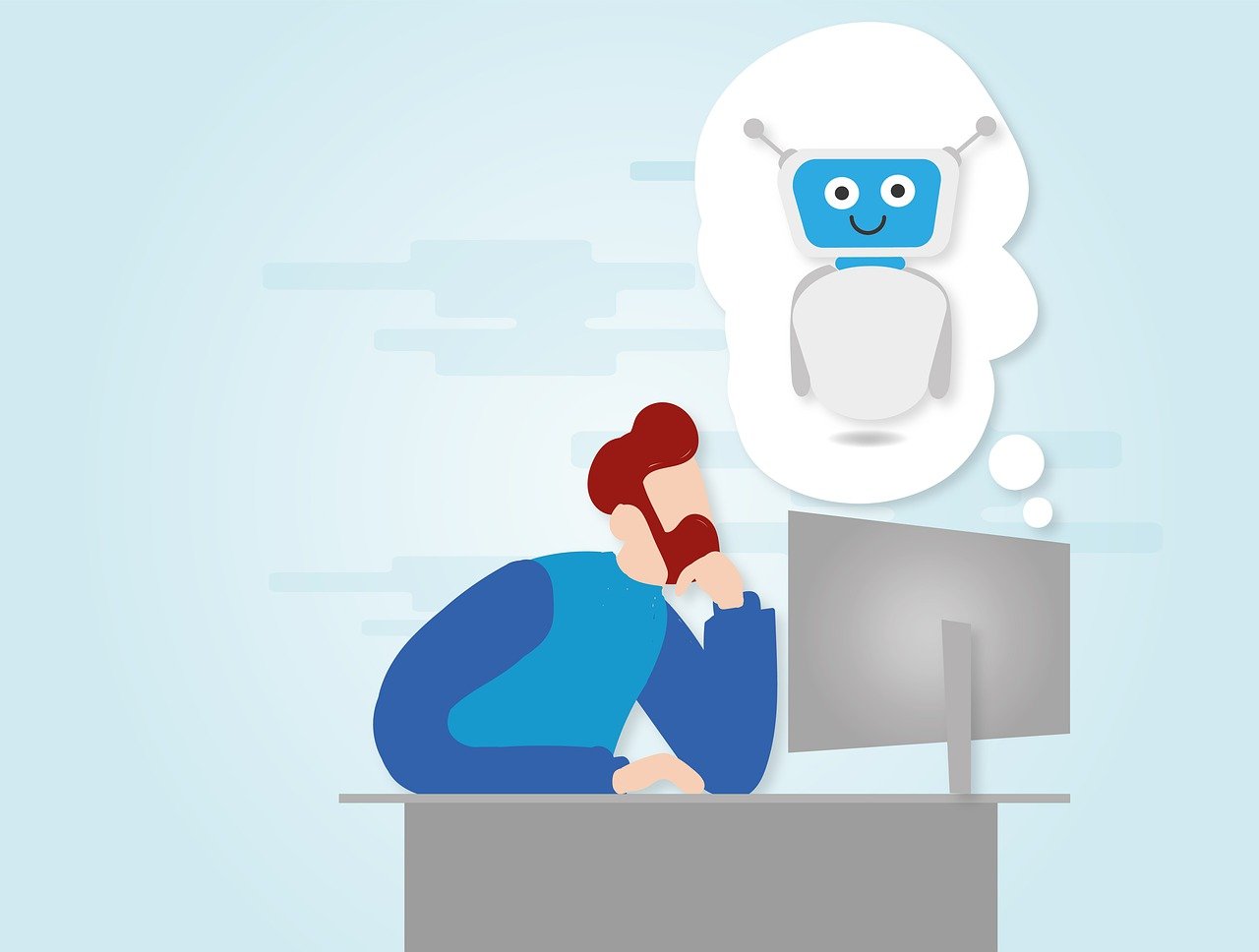Introduction
In today’s digital age, customer service plays a crucial role in building strong customer relationships. As businesses strive to provide seamless and efficient support, chatbots have emerged as valuable tools for enhancing customer service. These AI-powered virtual assistants offer numerous benefits, including improved response times, 24/7 availability, and personalized interactions. In this blog post, we will explore the role of chatbots in enhancing customer service and how they can revolutionize the way businesses engage with their customers.
- Instant and Efficient Responses
One of the significant advantages of chatbots is their ability to provide instant responses to customer queries. Unlike human agents who may need time to research or consult colleagues, chatbots can access vast amounts of information within seconds. By leveraging natural language processing capabilities, chatbots understand customer queries and provide accurate and relevant answers promptly. This immediate assistance not only saves customers’ time but also improves their overall experience with the brand.
- 24/7 Availability
In today’s global marketplace, businesses operate across different time zones, making round-the-clock customer service a necessity. Chatbots excel in this area as they can handle customer inquiries at any time of the day, even outside of normal working hours. By offering 24/7 availability, businesses can cater to the needs of their customers around the world, ensuring that queries are addressed promptly, regardless of the time zone. This accessibility enhances customer satisfaction and loyalty, leading to increased brand reputation.
- Personalized Interactions
Personalization is key to delivering exceptional customer experiences, and chatbots have the ability to offer personalized interactions at scale. By leveraging customer data and preferences, chatbots can provide tailored recommendations, product suggestions, and relevant information. They can remember previous conversations, allowing for a seamless continuation of discussions and making customers feel valued. Personalized interactions not only enhance customer satisfaction but also contribute to increased conversion rates and repeat business.
- Handling Repetitive Tasks
Customer service teams often spend a significant amount of time handling repetitive and mundane tasks, such as password resets or order tracking. Chatbots excel in automating these routine tasks, freeing up human agents to focus on more complex and high-value interactions. By delegating these tasks to chatbots, businesses can streamline their customer service operations, increase efficiency, and ensure that agents are available to address more critical issues. This optimization of resources leads to cost savings and improved productivity.
- Multichannel Support
With the proliferation of communication channels, customers expect businesses to provide support through various platforms, such as websites, social media, and messaging apps. Chatbots can be seamlessly integrated into multiple channels, offering consistent and efficient support across platforms. Whether customers prefer to interact via a website chatbox or a messaging app, chatbots can adapt to the chosen channel, providing a unified and seamless customer experience. This multichannel support enhances accessibility and ensures that customers can reach out using their preferred method of communication.
- Continuous Learning and Improvement
Chatbots are not static entities; they are constantly evolving and learning from customer interactions. Through machine learning algorithms, chatbots analyze conversations, identify patterns, and refine their responses over time. This continuous learning process enables chatbots to become more accurate and efficient in addressing customer queries, improving their ability to provide relevant and helpful information. As chatbots gather more data, they become increasingly proficient in understanding customer intent, leading to even more personalized and effective interactions.
Conclusion
Chatbots have transformed the landscape of customer service, providing businesses with powerful tools to enhance customer experiences. Their ability to provide instant responses, offer 24/7 availability, deliver personalized interactions, automate repetitive tasks, support multiple channels, and continuously learn and improve make them invaluable assets. By implementing chatbots effectively, businesses can streamline their customer service operations, increase customer satisfaction, and gain a competitive edge in the market. As technology advances, we can expect chatbots to play an even more significant role in shaping the future of customer service.
